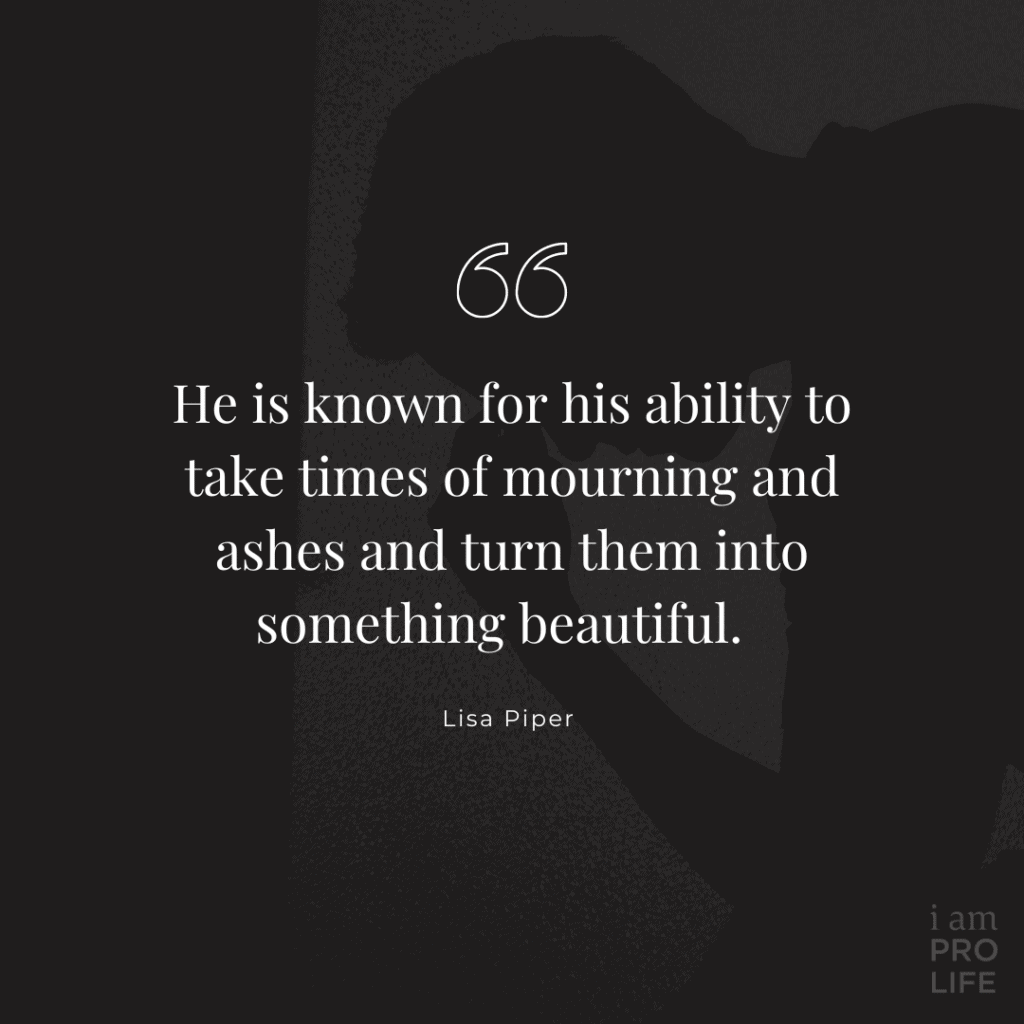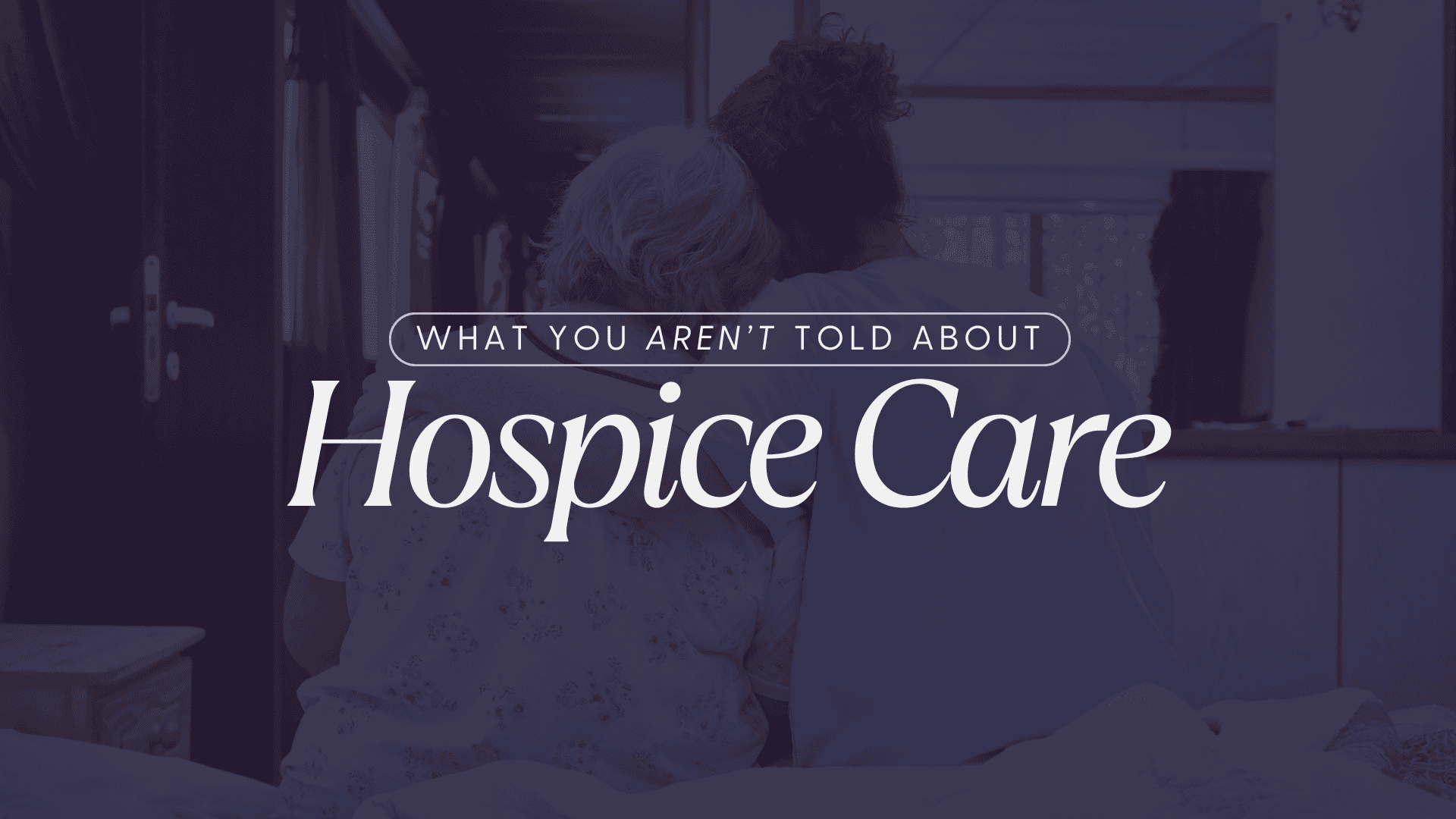It is a fact of life that we eventually experience the shock and grief that comes from losing a loved one. While the world of hospice is a ray of hope in some of the darkest moments of our lives, there are experiences during that time that even the best of hospice workers won’t be able to prepare you for. This is what hospice home care won’t tell you about losing a loved one—the good, the bad, the disheartening, and the encouraging.
Crazy Emotions Are Normal
As Christians, we know we’re supposed to be a light in the darkness, a city on a hill for those facing dark times. However, when a loved one is facing the end of their life, our call to be strong and courageous seems impossible. When losing a loved one, feeling as though you can’t carry the world like you usually can is expected. Try not to feel guilty about having crazy emotions. Being emotional, or not knowing how you feel during this time, is not necessarily an indicator that your faith is wavering.
The Bible talks about how we can experience turbulent emotions, yet still be blameless before God. The key is to know how to lean on the Lord for strength. Passages like Isaiah 53:4-6 and Psalm 55:22 can be an amazing source of peace while navigating hard times.

Physical Changes Will Occur in Hospice
One of the most disheartening things about a loved one entering hospice is the physical changes that occur. It’s difficult to watch a loved one decline as their body begins to prepare for the end. People we knew as strong, energetic, and vibrant suddenly become wilted versions of themselves. It is nothing short of devastating.
During this time, you may feel helpless, hopeless, or wilted and hollow yourself. When leaning on the Lord for comfort, this time can become bittersweet. Bitter, because you’re saying goodbye. Sweet, because you get the chance to celebrate the life they led and all the love they’ve left in their wake.
A comforting way to deal with this end-of-life process is to cherish the memories you have of them from when they were at their best. You can also honor them by sharing their best moments with them and others processing the same loss as yourself.
Rest Looks Different for Everyone
Taking the time to practice self-care is a must for anyone facing loss. Everyone is different when it comes to what makes them better able to face tough challenges. For some, it’s cleaning the house, drinking chamomile tea, or taking a long nap. For others, it’s getting away, having a staycation at home, or arranging a day out with friends.
What Hospice Does Not Tell You About Difficult Conversations
When facing the loss of a loved one, many difficult conversations will arise. Often, with emotions running high, family members may begin to quarrel over things like relationships, finances, and decision-making. If you have little children, you may have to explain death to them for the first time, as well as help them process their grief.
If you’re the primary caretaker for your loved one, you’ll have even more difficult conversations. Sometimes, you’ll be presented with decisions that feel like a lose-lose scenario.
During these times, having a trusted friend, pastor, or counselor can be your best resource for navigating these storms successfully. The loving people around us who are less impacted by our loss, can sometimes be the best anchor when the rest of our world feels like it’s being tossed out of control. If you feel you have no one like this currently in your life, you can always reach out to Focus on the Family for support at 1-(800)-232-6459.

Talk to a Counselor
Reach a counselor toll-free at 1-855-771-HELP (4357).
Family Dynamics Will Change
Often, after losing a loved one, the dynamic of your family may change dramatically. One example of this is how your family may celebrate the holidays after loss because your loved one has entered hospice or passed away. Thanksgiving, if formerly hosted at that relative’s house, may change and evolve once that family member is no longer present. General family get-togethers may adopt a different tone that initially feels empty and awkward. Some traditions, such as baking grandma’s famous pie recipe, may remain a timeless tradition, while others, such as gathering at grandma’s house to decorate the tree, may no longer be an option.
While this chapter of your life can be uncomfortable, it presents a unique opportunity to develop new cherished traditions. These traditions, in time, will cultivate precious memories that build upon those first established by that loved one.
Your Children Are Watching
When navigating some of the toughest times in our lives, we often get so swept up in the battle that we forget our children are watching us. Sadly, if we make unwise choices during these times, our children learn how to navigate these challenges poorly.
Our actions likely pave the path for our children’s future actions. Before taking action or exposing a child to certain topics related to losing a loved one, consider asking yourself these questions:
- Is my child mature or old enough to handle this subject?
- Do I want my child to carry this burden?
- Will this subject make my child anxious or fearful?
- If I share this information, will it make my child bitter towards other family members?
- How can I respond to this challenge in a way that teaches my children to be the best, Christ-like version of themselves?
You May Question Your Faith
Questioning your faith during times of loss is common. Losing a loved one feels spiritually wrong because it is wrong. Death was never in God’s plans for us. However, since we live in a fallen world, facing death and loss is unavoidable.
During this time, instead of turning from God, be honest with Him about how you feel. He’s no stranger to the heaviness you may experience in your heart. He is never confused or overwhelmed by our brokenness, anxieties, or doubts. In contrast, He is known for his ability to take times of mourning and ashes and turn them into something beautiful.

What Hospice Does Not Tell You: Dignity in Death
If you’ve ever watched a loved one enter and progress through the hospice process, what you observe might seem like they’re slowly losing dignity.
Your loved one may lose their ability to go to the bathroom by themselves or be unable to hold conversations with others. In some cases, they may revert to childlike or emotionally charged states that leave you feeling like your loved one has already left you. However, we can take comfort in the fact that those we love, even in these cases, can progress through the hospice process with dignity.
There’s a form of palliative care specifically geared towards dying with dignity. It’s called Dignity Conserving Care. These practices involve interacting with hospice patients in a way that celebrates their life and your opportunity as their loved one to support them as they prepare to pass. Below, Dr. Margaret Cottle, a professional in end-of-life care, explains how you can practice Dignity Conserving Care. In some cases, honoring your loved one and the life they’ve led can be as simple as knowing the right questions to ask when at their bedside.
Hospice Does Not Tell You About Extra Help
The experience of Hospice workers can be invaluable in this season of life. Still, situations may arise that are unexpected and unpredictable. Give yourself and your family space to learn and transition. It may not be possible to do everything perfectly, but the fact that you care and want to do things well is a wonderful way to honor those in the last stages of life.
Additional resources:





















